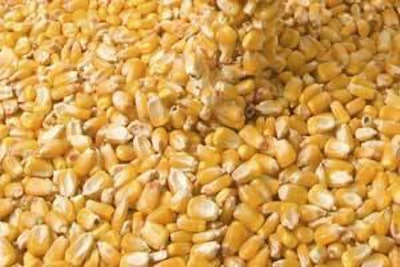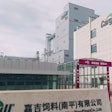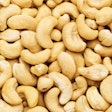
Japan’s corn prices, rising since the Fukushima power plant nuclear accident on fears that import vessels might be tainted with radiation, may lead to greater profits for U.S. meat exporters as Japan’s domestic market becomes more expensive, according to reports.
Higher shipping costs are leading to higher feed prices, which spill into higher domestic meat prices. This chain reaction may lead to U.S. companies like Tyson Foods seeing an increase in their exports to Japan.
Pork and beef orders from Japan increased 20% each in April from March, according to Takamichi Tawara, head of Tyson’s Tokyo office. Its meat exports to Japan reached $400 million in 2010 — 60% pork, 20% beef and the rest chicken and processed food. “The export demand out of Japan has remained very strong,” said James V. Lochner, Tyson’s CEO. “We’ve certainly seen no pullback, and if anything we continue to see strong interest up front.”
Right now, Japanese corn importers are paying 5% more to ship corn from the U.S. Gulf to ports in eastern Japan compared to those in western Japan. “Freight operators are still showing an aversion for eastern Japan,” said Hideo Harada, director for livestock-policy planning at the Ministry of Agriculture, Forestry and Fisheries. “It’s very costly to deliver grains to eastern regions after unloading them at ports in other areas.”
















